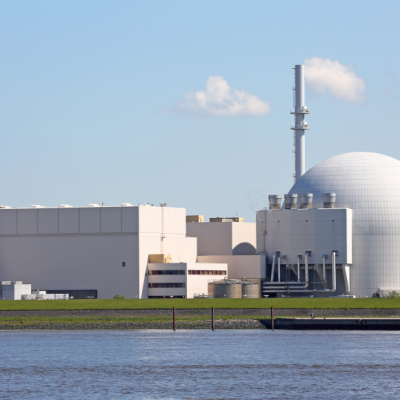A recent study conducted by scientists at the Massachusetts Institute of Technology (MIT) has found that shutting down nuclear power plants in the United States would lead to a significant decline in air quality in the short term, resulting in additional deaths. Currently, there are 92 active nuclear power plants in the US, generating approximately 20% of the country’s electricity. While many politicians argue that nuclear energy is a climate-friendly alternative to fossil fuels, a recent study found that it is not effective in combating climate change and is not economically viable.
The MIT researchers calculated the impact of shutting down all nuclear power plants in the US and replacing them with electricity generated from coal, oil, gas, and renewable energy sources. They found that the increased use of fossil fuels would lead to a significant decline in air quality in the first year, resulting in an additional 5,200 deaths. The study also found that the decline in air quality would disproportionately affect the African American population, who are more likely to live near power plants that use fossil fuels.
While the air quality would improve in the long term with the expansion of renewable energy sources, some regions of the country would still experience poor air quality until 2030, resulting in an additional 260 deaths per year. The study highlights the need to consider the indirect increase in CO2 emissions when shutting down nuclear power plants and recommends a strong expansion of renewable energy sources to fill the gap left by nuclear energy.
In conclusion, the study emphasizes the importance of considering the ecological and social impacts of shutting down nuclear power plants, particularly the impact on air quality and public health. The researchers recommend a strong expansion of renewable energy sources to mitigate the negative effects of shutting down nuclear power plants.










